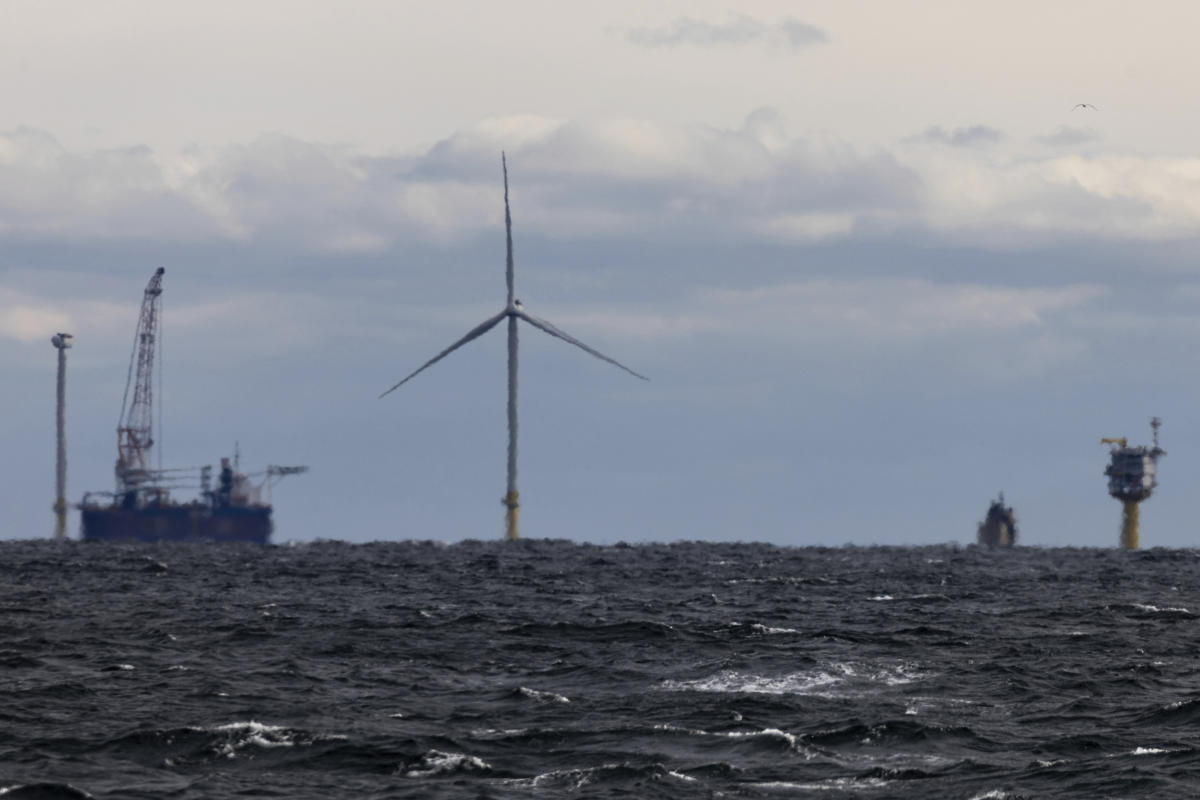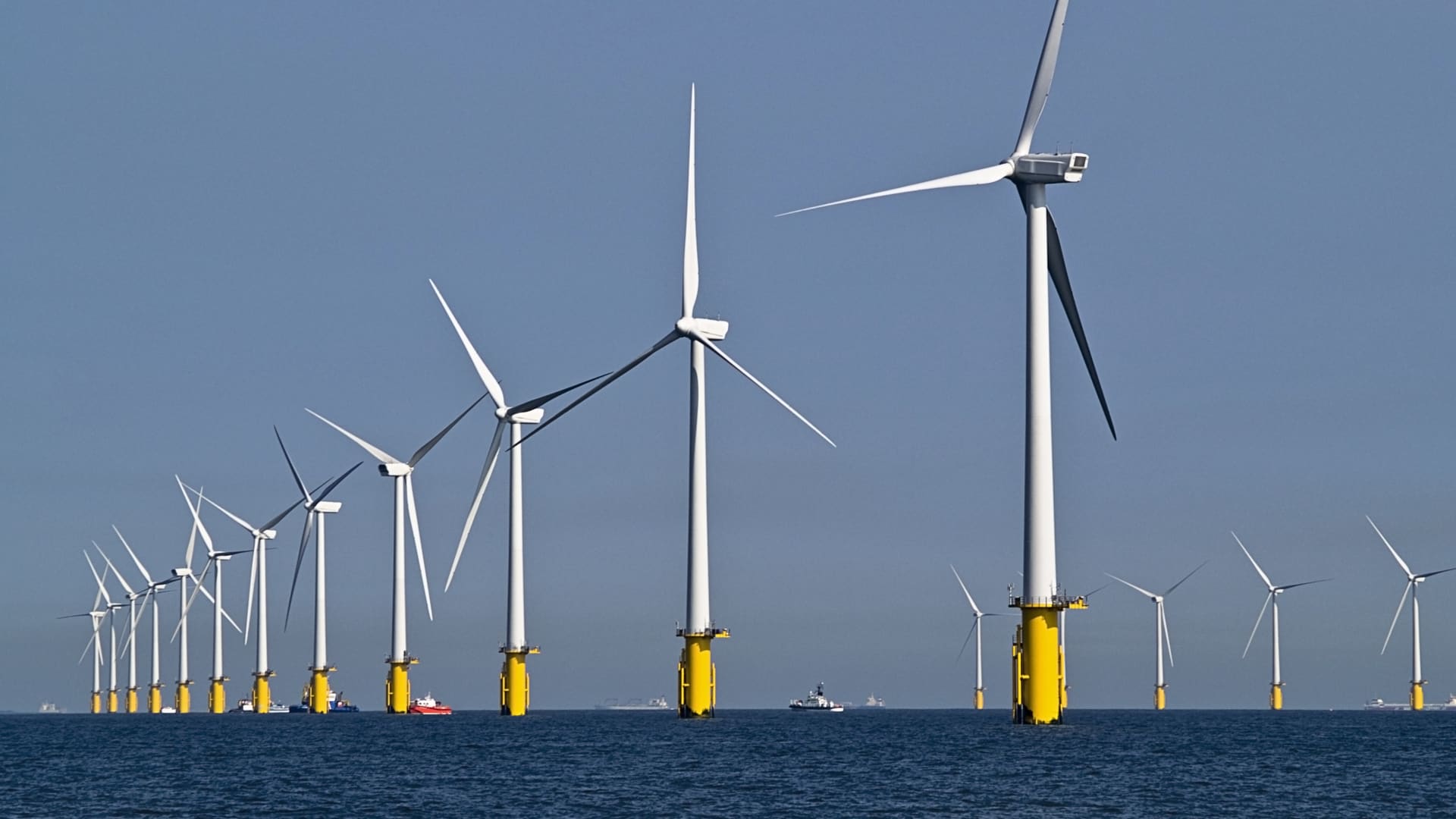Biden Administration’s Tax Guidance

Federal Windfall: Offshore Wind Projects Have Tax Bonuses Offered. (PHOTO: Yahoo Finance)
Impact on Project Costs
According to CommonWealth Beacon, in a move poised to impact the landscape of offshore wind procurement in Massachusetts, the Biden administration delivered crucial tax guidance on Friday that may alleviate the burden of power costs for upcoming projects. The guidance broadens the eligibility criteria for a bonus investment tax credit potentially boosting it from 30 percent to 40 percent for eligible offshore wind ventures. With each project entailing multibillion-dollar investments, this 10 percentage-point increase could wield a substantial influence on overall project costs and, consequently, the ultimate price of electricity generated.
READ ALSO: UK Think Tank Proposes Revolutionary Housing Reform To Boost Homeownership And Tackle Affordability Crisis
Expanding Eligibility Criteria
The timely issuance of this guidance comes on the heels of anticipation within the Maura Healey administration which postponed the acceptance of bids for its next procurement until Wednesday banking on favorable guidance from the Joe Biden administration. Offshore wind developers now find themselves with a narrow window of five days to finalize their bids leveraging the newfound clarity to refine their proposals. Previously, the bonus tax credit was reserved for projects in historical energy communities, but the new guidance introduces two additional pathways for qualification, one involving the location of monitoring equipment in eligible ports and the other designating “energy community status” for locales hosting land-based power conditioning equipment. Among the communities likely to benefit from this expanded eligibility is Barnstable where power cables from offshore wind farms like Vineyard 1 are slated to come ashore. Despite its contrast with traditional energy hubs like Brayton Point in Somerset Barnstable’s role as an interconnection point for offshore wind projects, positions it as a beneficiary under the new guidance. This development underscores the evolving dynamics of renewable energy initiatives and the intricate interplay between policy, taxation, and local infrastructure in shaping the trajectory of clean energy projects.
READ ALSO: $3,207 Average IRS Tax Refunds Triumph: Encouraging Savings Strategies, Amidst Ongoing Financial Struggles















































